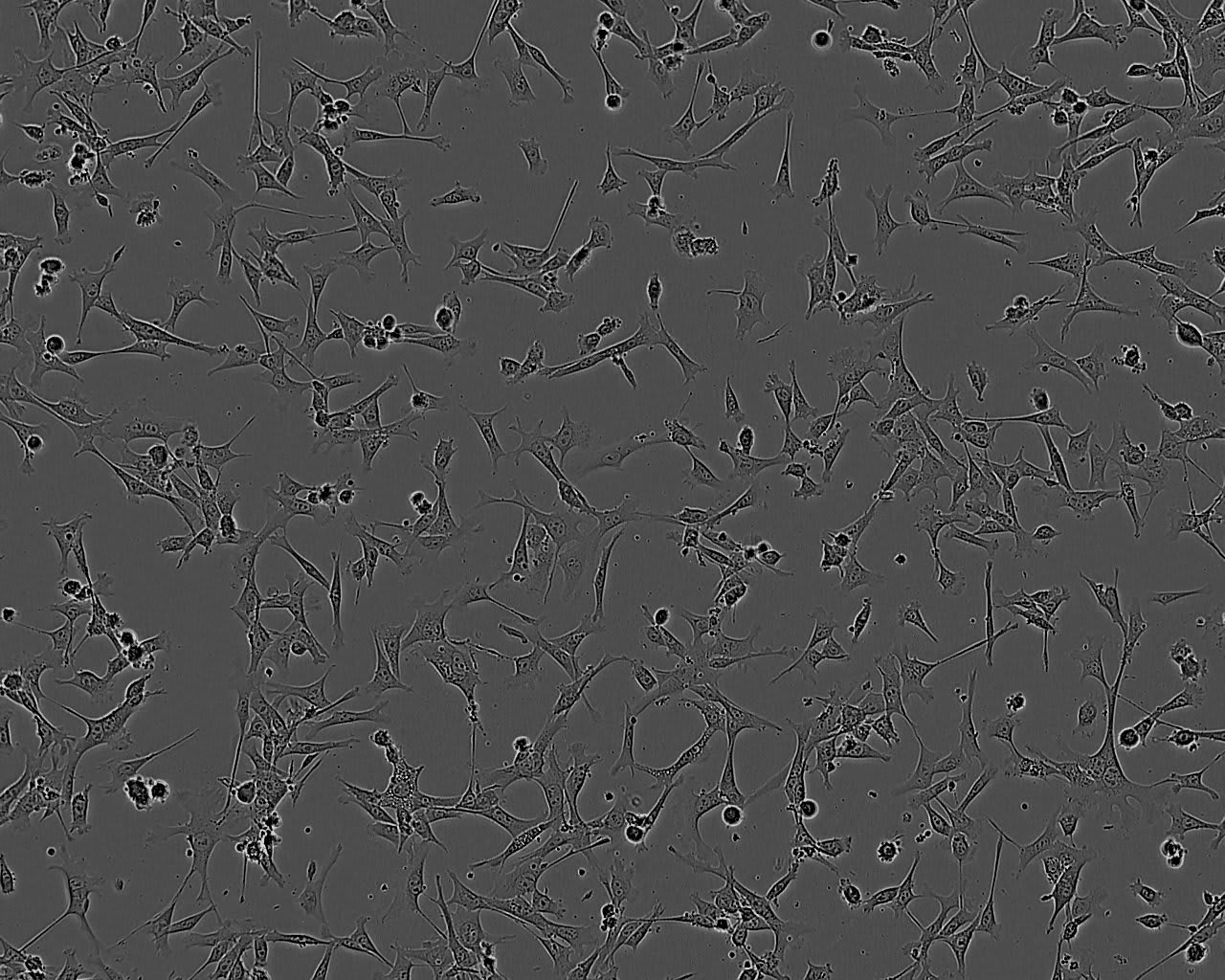MEF Trex1 KO Cell Line
Invented at Cancer Research UK London Research Institute: Clare Hall Laboratories
- Datasheet
- References (4)
- Inventor Info
Info
| Catalogue Number | 151558 |
| Antigen/Gene or Protein Targets | TREX1 |
| Host | Mouse |
| Tissue | Embryo |
| Disease Keywords | Recapitulates cellular phenotype of Trex1-deficient Aicardi-Goutieres syndrome |
| Model | Knock-Out |
| Relevance | The Trex1 KO MEF cell line is a spontaneously transformed mouse embryonic fibroblast (MEF) cell line. It allows the study of novel interconnections between DNA replication, DNA damage checkpoint signalling and antiviral-like autoimmune responses |
| Production Details | MEF from Trex1-/- knockout mouse |
| Research Area | DNA Damage and Repair, Epigenetics & Nuclear Signalling, Immunology |
| Growth/Phenotype Keywords | Defective G1/S transition, increased cell doubling time; chronic ATM-dependent checkpoint activation even in the absence of exogenous stress; persistant ssDNA polynucleotide species generated in S phase that accumulates in the cytoplasm. |
| Notes | Spontaneously transformed clone derived following repeated passaging in culture by standard techniques of primary MEFs from Trex1-/- knockout mouse |
| Cellosaurus ID | CVCL_5A06 |
References: 4 entries
Yang et al. 2007. Cell. 131(5):873-86. PMID: 18045533.
Trex1 exonuclease degrades ssDNA to prevent chronic checkpoint activation and autoimmune disease.
Europe PMC ID: 18045533
Morita et al. 2004. Mol Cell Biol. 24(15):6719-27. PMID: 15254239.
Gene-targeted mice lacking the Trex1 (DNase III) 3'-->5' DNA exonuclease develop inflammatory myocarditis.
Europe PMC ID: 15254239
Add a reference
References: 4 entries
Yang et al. 2007. Cell. 131(5):873-86. PMID: 18045533.
Trex1 exonuclease degrades ssDNA to prevent chronic checkpoint activation and autoimmune disease.
Morita et al. 2004. Mol Cell Biol. 24(15):6719-27. PMID: 15254239.
Gene-targeted mice lacking the Trex1 (DNase III) 3'-->5' DNA exonuclease develop inflammatory myocarditis.
Add a reference






